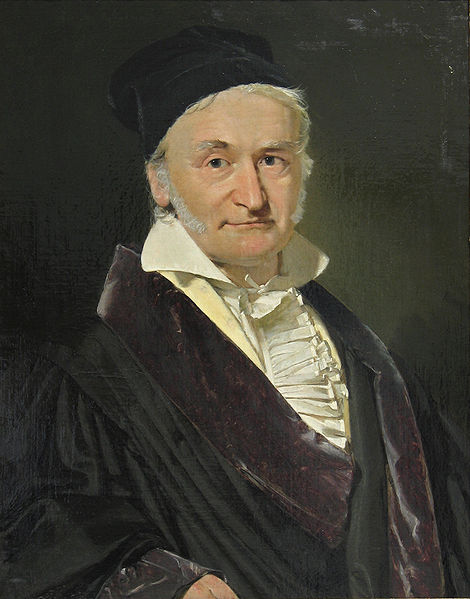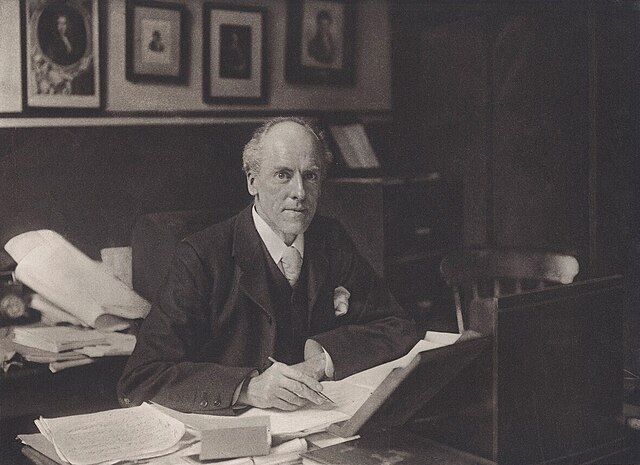Infinite photos and videos for every Wiki article ·
Find something interesting to watch in seconds
Recovered Treasures
Celebrities
Orders and Medals
World Banknotes
Great Cities
Countries of the World
Largest Empires
Presidents
Tallest Buildings
History by Country
Rare Coins
Wars and Battles
Sports
Kings of France
Crown Jewels
Wonders of Nature
Animals
Great Artists
Best Campuses
British Monarchs
Richest US Counties
Supercars
Ancient Marvels
Largest Palaces
Famous Castles
Great Museums
more top lists




